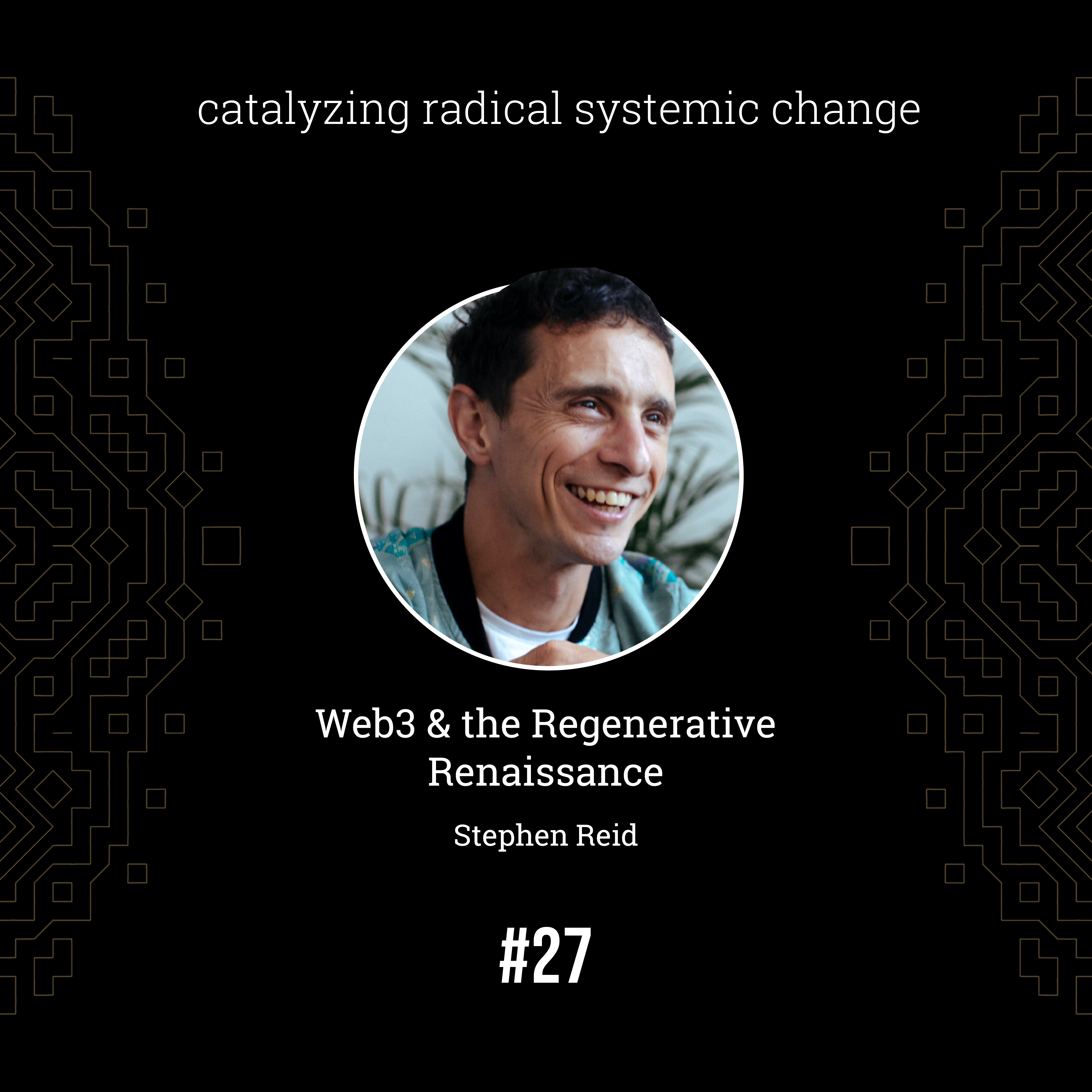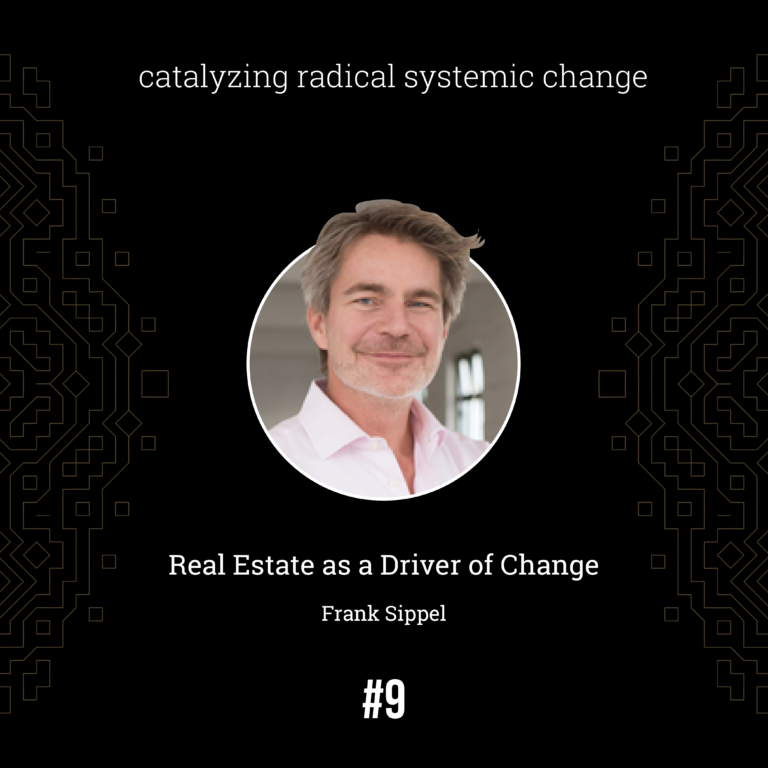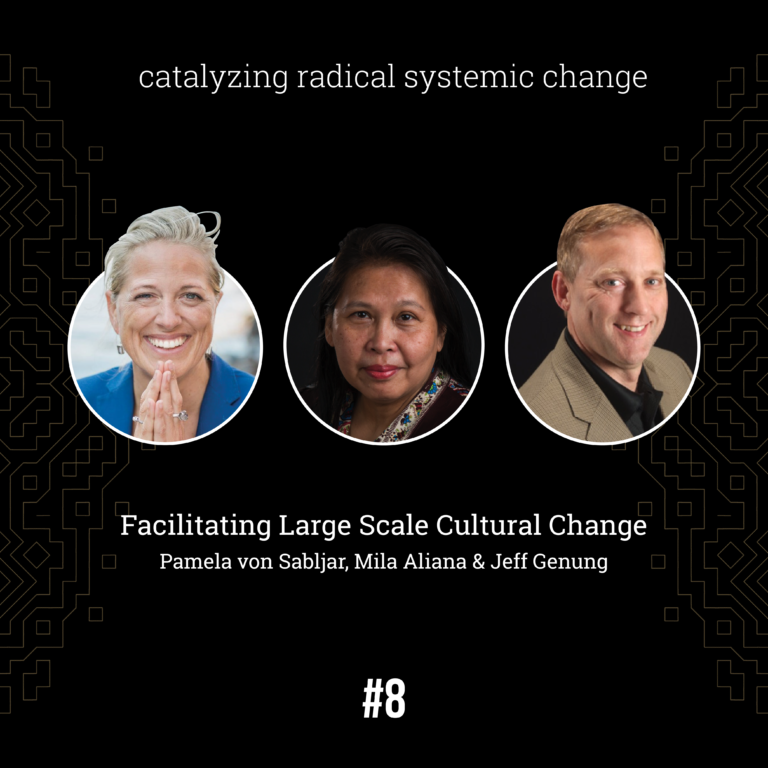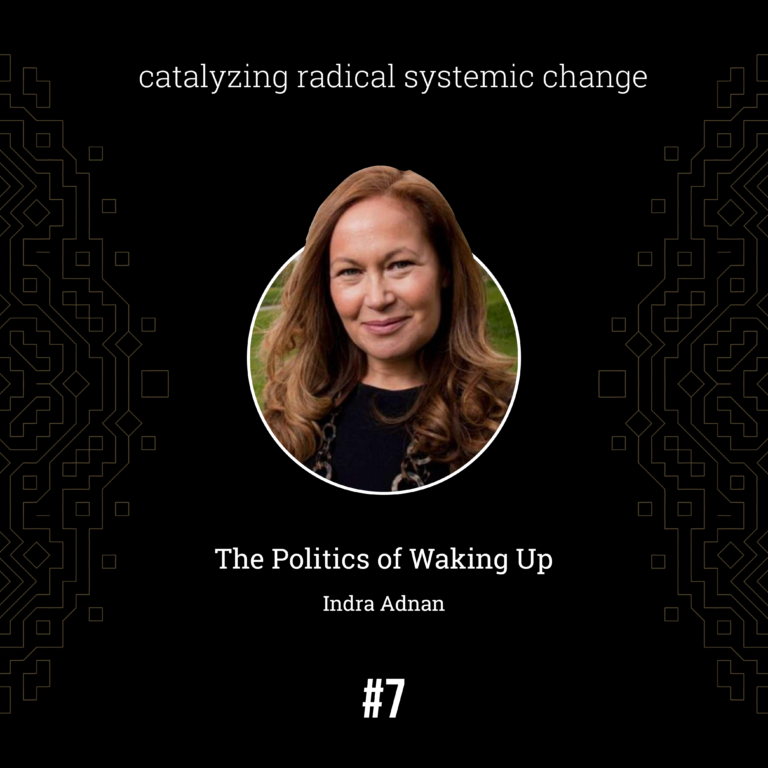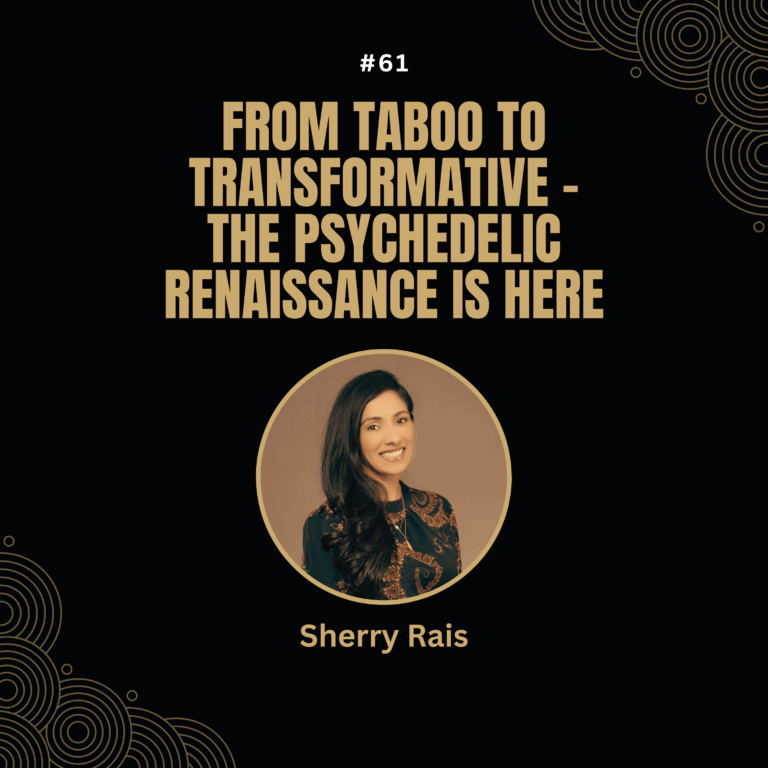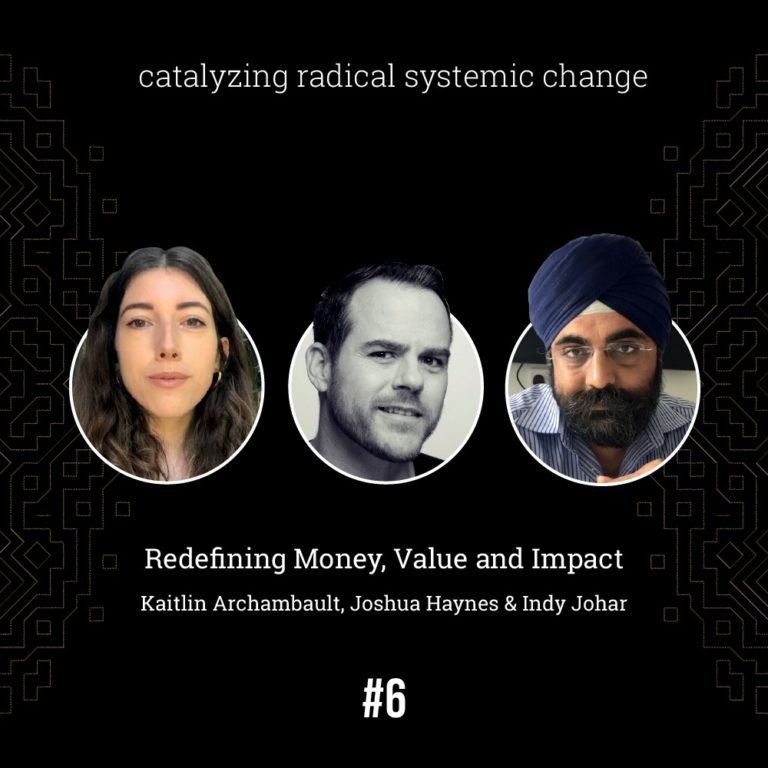In this podcast we unfold:
- We unpack Web3 and Blockchain technology and ask ourselves what meaningful endeavors do we see on the horizon that can unlock systemic change?
- When it comes to Web3 exploding – what should we put up as a discerning radar? What are the features that make us find the golden needles in the haystack?
- What promises of Web3 might be phony? And on the other hand what endeavors could be underrated?
- Unpacking the regenerative renaissance; It seems like the word sustainability got hijacked and the next term is regeneration or the regenerative economy. What real-world examples are exemplifying at the core of their business model to not only do less harm but actually regenerate, i.e. soil, biodiversity, etc?
- Where are Web3 and the regenerative renaissance unlocking their maximum potential together? Where do we see examples where we move from ownership to stewardship of the Earth? What are new types of value exchange beyond the monetary exchange, i.e. DAOs and DHOs?
- We explore global exchange systems via interlinked hyperlocal communities that strengthen each other.
- What types of currencies – beyond the term being simply understood as monetary exchange systems are on the horizon, like mutual credit currencies, real asset-backed currencies
Stephen Reid
is a teacher, technologist, and coach devoted to the flourishing of Life on Earth who has trained in the fields of complexity science, physics, software development, transformational coaching, meditation, and plant medicine. He is currently a teacher of the How to DAO, Tools for the Regenerative Renaissance, The Promise of Decentralisation & Introduction to web3 courses, and a member of the not-for-profit worker co-operative Dandelion Collective, where he leads the development of the Dandelion platform for ticketed events and co-created gatherings.
Previously, he founded The Psychedelic Society, served as the youngest ever board member of Greenpeace UK, and consulted for organizations including the New Economics Foundation, the Living Wage Foundation, and 350.org. Stephen has an MPhys in Physics from the University of Oxford, where he specialized in quantum field theory, and an MRes in Complexity Sciences from the University of Bristol.
